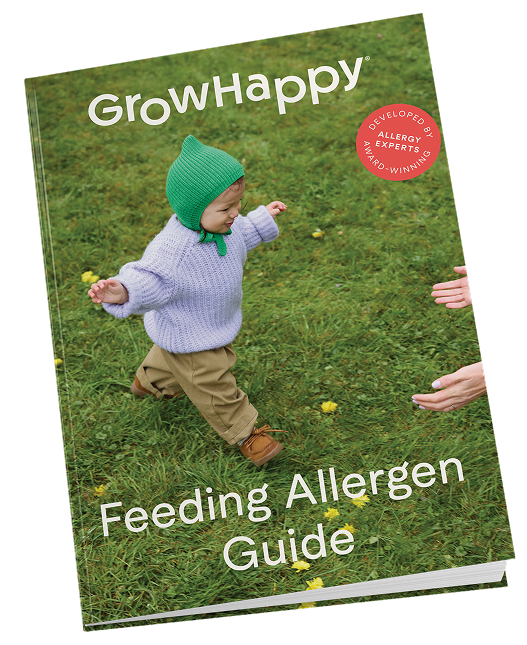It is important to encourage infants to eat foods from all food groups. This will ensure a diet full of nutrients and set infants up for a healthy diet throughout life. Infants often refuse new foods and it may take 8-10 tries before the infant will accept the taste.
Babies should eat a diverse range of foods from all food groups:
-
Protein foods such as meats, poultry, eggs, seafood, nuts, seeds, and soy products, provides babies with iron, zinc, protein, choline, and important fatty acids.
-
A variety of vegetables and fruits are important sources rich in potassium, vitamin A, and vitamin C and should be offered to infants. Vegetables such as beans, peas, and lentils are also important sources of protein and fiber.
-
For milk and soy products, families should introduce milk-based yogurt and cheese, or can offer soy-based yogurt or tofu, before 12 months. However, infants should not consume cow milk as a beverage or fortified soy beverage as a main drink before 12 months of age.
-
Grains: include Infant cereals fortified with iron include oat, barley, multigrain, and rice cereals, especially if the infant is breastfed. Infant formula is already fortified with iron. Offering infant whole grains more often than refined grains will increase dietary fiber as well as potassium.









